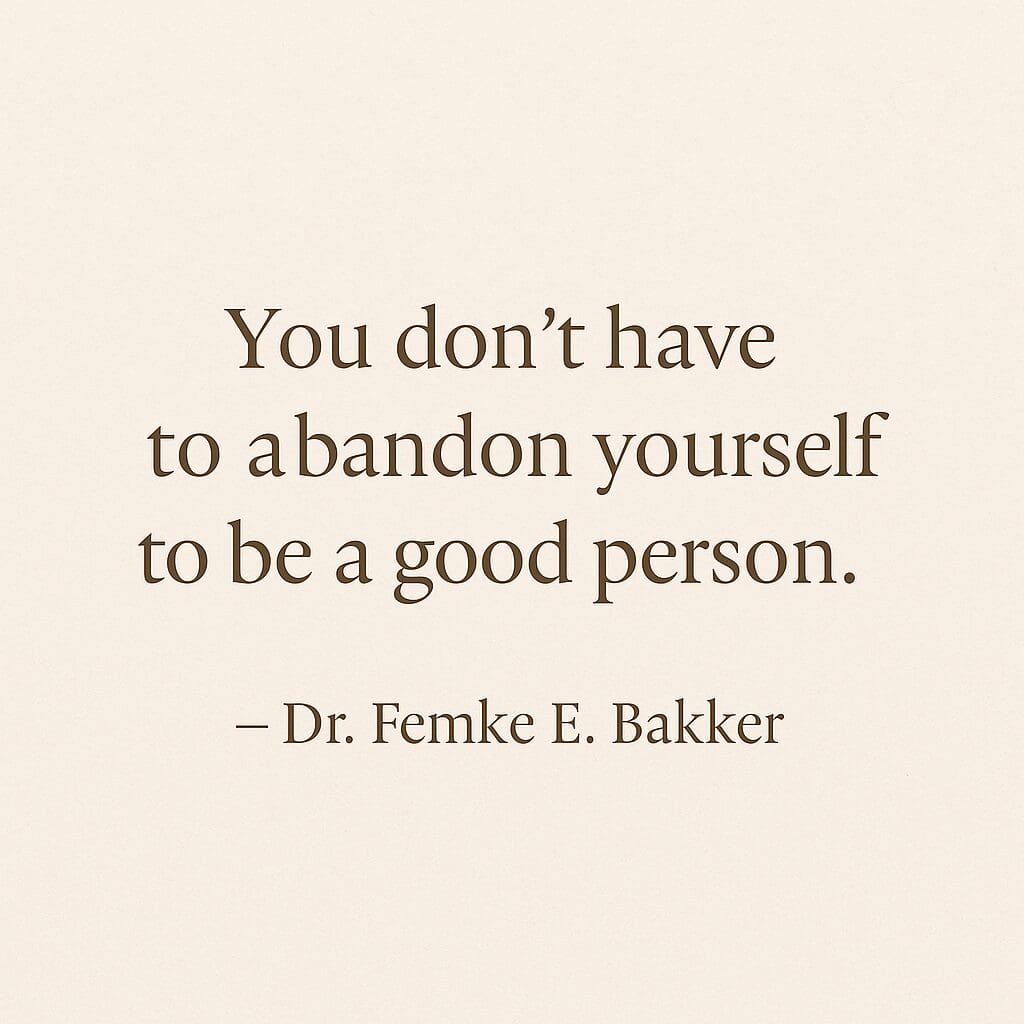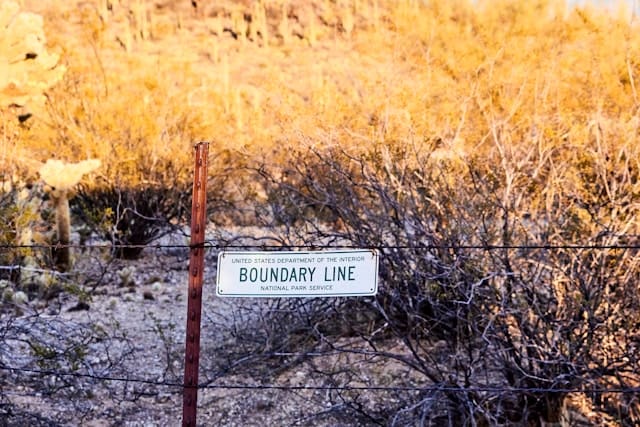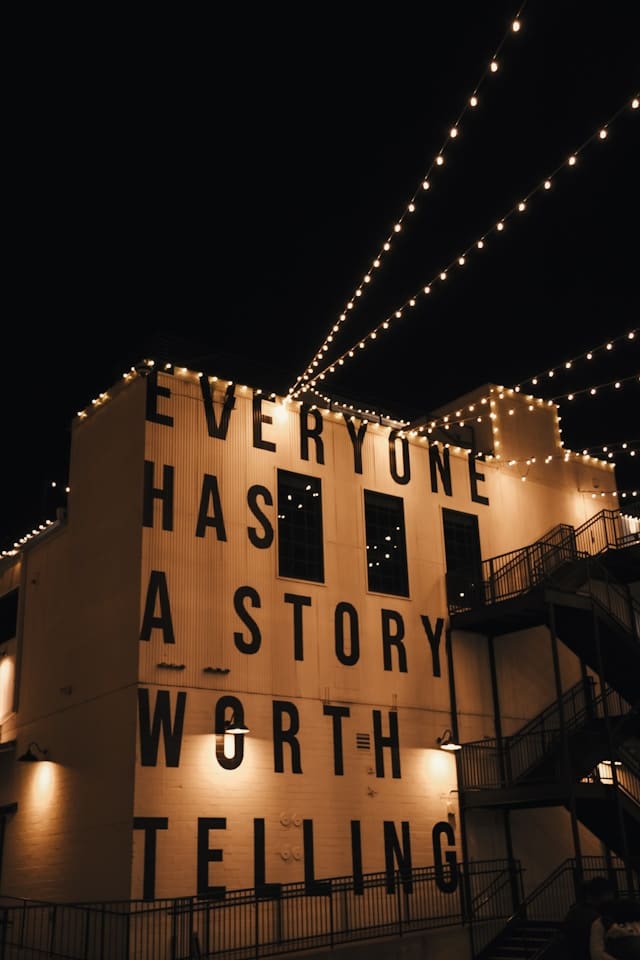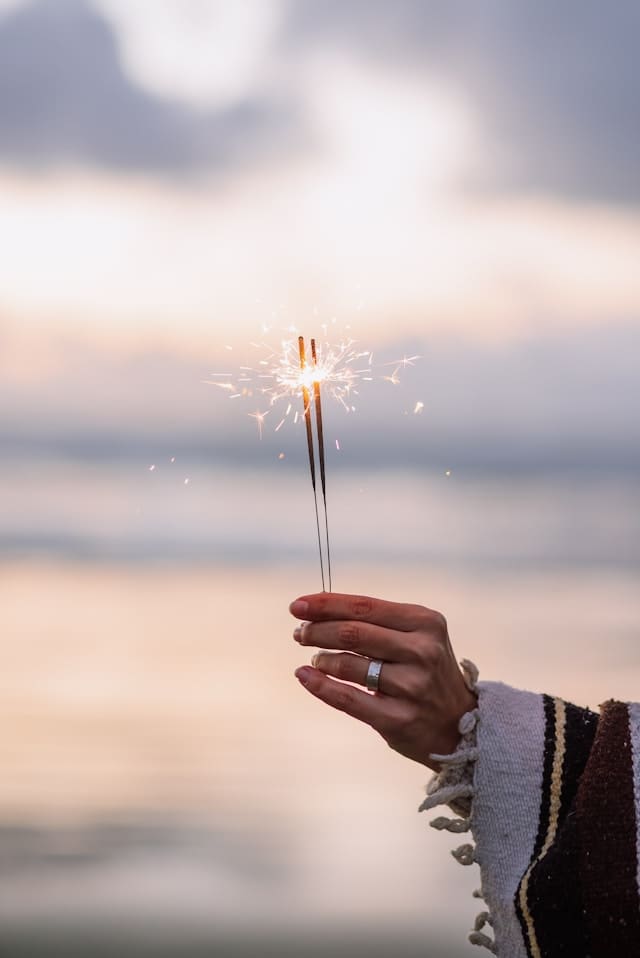By Dr. Femke E. Bakker
You love deeply. You care fiercely. And when someone you care about is struggling, your first instinct is to show up. Fully. Even when you have nothing left to give. Sometimes it crosses your mind that you might need some boundaries, but the mere thought immediately makes you feel guilty.
I know exactly how you feel, I’ve been there. So I want you to know this:
You don’t have to abandon yourself to be a good person.
Your unconditional love for others is beautiful. It is not something you need to give up. But if it regularly comes at the cost of your own energy, clarity, or emotional well-being, then it’s time to reorient. Not away from others, but toward yourself.
What if boundaries aren’t barriers, but bridges?
Many of us were never taught what boundaries really are. We learned that being there for someone means always being available. That saying “no” makes you cold or uncaring. That if someone is suffering, their need must outweigh yours.
But when you consistently override your own signals, that pit in your stomach, the head aches, the feeling you can’t breath freely, you slowly disconnect from yourself. And the longer you do this, the harder it becomes to feel what you actually need.
Boundaries, in a selfgentleness framework, are not about pushing people away. They’re about protecting the connection you have. Both with others and with yourself. Because you matter too.
Why feeling selfish is often a sign of old conditioning
If you feel guilty when you set a boundary, you’re not doing anything wrong. You’re just bumping up against a belief that says: your needs are secondary.
Maybe you were raised to be the peacemaker. Or maybe you learned, through experience, that love is something you earn by being useful, helpful, emotionally available.
But selfgentleness offers a different belief. A radical one. One where your well-being is not up for negotiation.
I remember a moment that taught me this deeply. A close friend was in distress and needed support. But I was already at my edge. I had just come out of a hard emotional moment and felt my system asking for stillness. My instinct was to override that and rush in.
Instead, I paused. I tuned in. And I chose to honor what I needed: space, silence and time to be with myself. To help myself. I sent my friend a text with some loving words but didn’t jump in to solve. I closed my phone. I breathed. I meditated. I supported myself.
And later that day, when I checked my messages, I found that my friend had taken steps to care for herself. She had found her own strength.
It was a profound insight. Me showing up for myself not only helped me. It also helped her. It made me, feeling so often like the savior of … well… anyone… realize: sometimes, saying no kindly gives someone else the chance to show up for themselves, too.

How to set boundaries in relationship with selfgentleness
If the word “boundary” still makes your stomach twist, you’re not alone. I didn’t even know what my own boundaries were for years. I just danced around the invisible ones I sensed in others.
Here are a few gentle shifts that might help:
1. Start with tuning in
Before you respond to a request, check in with your body. Ask:
- What am I feeling right now?
- What do I need to stay balanced?
- Would saying yes mean saying no to myself?
This pause is powerful. Even if you end up helping, you’ll do so from a place of clarity, not obligation.
2. Rewrite the guilt story
Guilt often whispers: You’re letting them down. But what if the truth is: You’re finally showing up for yourself?
Try saying this to yourself: “I love you. And I also need to honor where I am.” It’s not a rejection. It’s a rebalancing.
3. Set boundaries early, not explosively
When we wait too long to voice our needs, resentment builds. Then one day, we explode or withdraw abruptly—and everyone feels confused.
Instead, practice small moments of clarity early on. You might say:
- “I want to be there for you, and I also need some space right now.”
- “I can’t talk tonight, but I care. Can we check in tomorrow?”
Most people will understand. And if they don’t? That says more about their relationship with boundaries than yours.
Boundaries aren’t about being selfish. They’re about you being you.
It takes courage to shift long-held patterns. Especially when people are used to your yes. But your well-being matters. Your needs matter.
Selfgentleness helps you to check with yourself first—so that when you do show up for others, it’s with presence, not depletion.
You don’t have to choose between love and boundaries. I believe they go hand in hand.
You can love well and live honestly. You can care and still say no. You can be available and have limits.
And when you do?
Something powerful happens within you. You start to trust yourself having your own back. And that’s just the start.
Want to Begin?
If you’re ready to try this for yourself, I created a free guide just for you. It’s a guide that explains in detail what tuning in is, and—most importantly—how you can learn to do it for yourself.
The Selfgentleness Starter Guide + Meditation
Inside, you’ll receive:
- A printable PDF with the 3-step process (Tune In – Acknowledge – Honor)
- A private audio you can use anytime you need support to tune in
- An easy and simple tool to begin showing up for yourself in small, but powerful ways
You don’t need to do anything perfectly. You just need to start noticing—and this guide helps you do exactly that.
More on Selfgentleness and Relationships:
If you like to try one of my meditations on relationships, you can try this meditation on YouTube. It’s part of a recording of one of my Selfgentleness Lives. If you want to read more about selfgentleness, read my earlier blogpost What is Selfgentleness?
Be selfgentle,
All love, Femke





